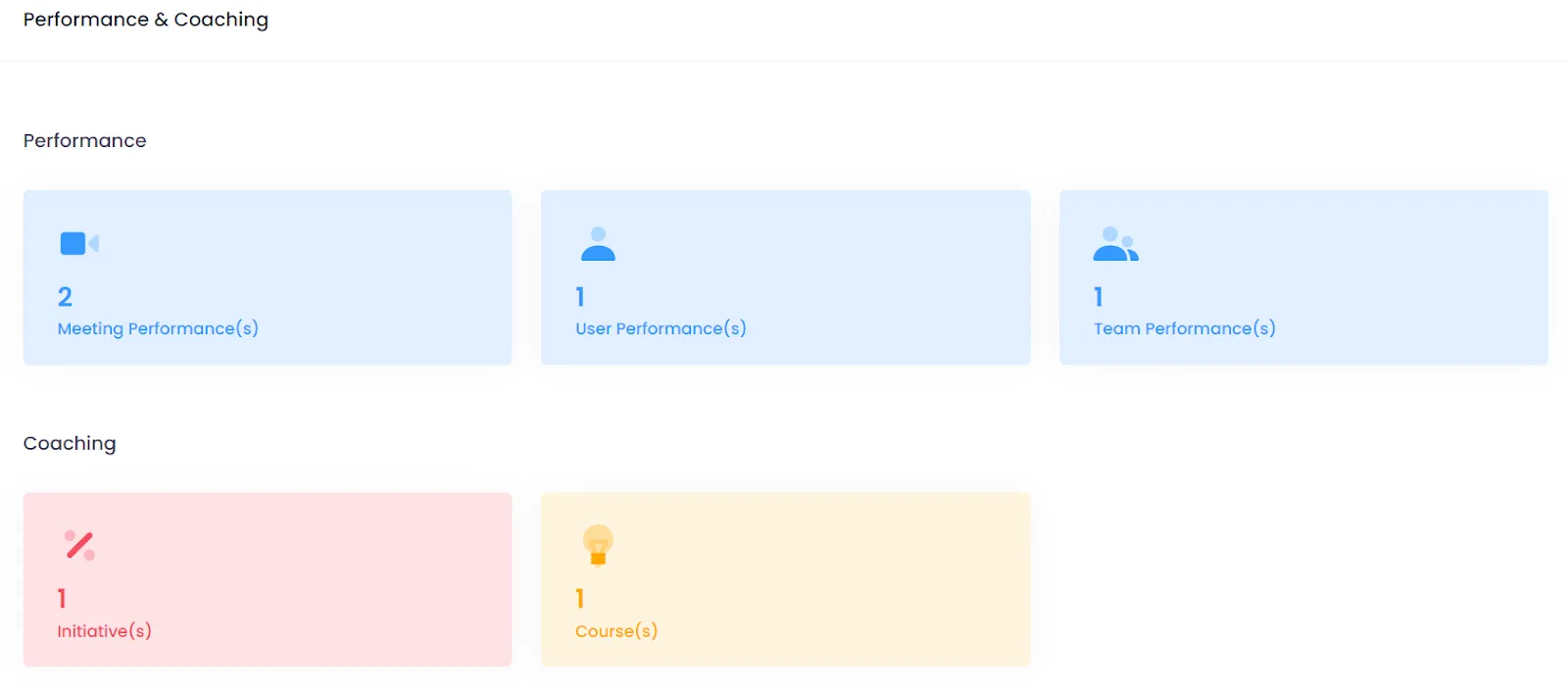“When people tell me they’ve learned from experience, I tell them the trick is to learn from other people’s experience.”
— Warren Buffett
Peer-to-peer learning puts this advice into practice in the best possible way. A study found that employees prefer learning from their colleagues over other channels such as YouTube, training courses, and Google. And yet, companies don’t fully take advantage of this – a McKinsey survey found that nearly 33% of companies lacked systems and processes to share learning among employees.
What is the peer learning method in the workplace?
Peer-to-peer learning is the process of sharing knowledge with colleagues/peers and is based on two key beliefs:
- When one teaches, two learn
- Learning is most effective when we can teach it to someone else
Examples of peer learning at work include
- Joining other colleagues to observe how they conduct/ behave in it
- Simulating a real-life situation to observe multiple approaches to handling it
The obvious advantages of peer learning in the professional environment include
- Improved employee engagement
- Improved results and behaviors
- Clarity about roles
- Positive interdependence
Why is peer learning important in sales?
As we already discussed, peer learning is an important tool for companies to leverage. But it can be critical in demanding functions like Sales. A sales career can be extremely lonely, with demanding targets, rejections, and packed calendars, only adding to employees’ woes.
Sales reps need something easy to consume, easily accessible, and what they trust works in their context. All too often, external training is boring, lacks context, and sometimes, just not applicable to a sales rep’s market.
Peer learning ensures that sales reps learn from others – in the same situation, same market, and facing the same constraints as them. This makes it
- far more relatable,
- far less overwhelming, and
- far more motivating
Additionally, sales teams can get started right away – so it meets sales reps where they are, instead of adding another ramp-up exercise to their already packed schedule.
If you need more reasons, peer learning in sales is a must-have for the following reasons.
Benefits of a peer learning program for sales teams
1. It’s the way sales reps prefer to learn
A study by the Association for Talent Development found that 91% of reps say that peer learning helps them succeed. Peer coaching offers something for everyone – the high performers receive appreciation and encouragement, while middle performers know what they need to level up, while underperformers have clear guidance on what they need to work on.
2. It frees up a sales manager’s time
Sales managers have a lot on their plate – customer interactions, their own sales quotas, forecasting and planning, admin activities, and managing other sellers. Up to 32% of their time is spent managing other sellers.
Peer learning can take a huge load off their backs – especially in the case of sales managers who are expected to do one-on-ones with their team members and be the only source of feedback and coaching.
The best part is that it shows results: 73% of sales leads experienced high ROI on their peer-to-peer learning investments.
3. It helps collaboration across distributed and remote teams
In today’s remote work or hybrid office culture, it’s not always possible for sales reps and managers to be in the same room or time zone,
This greatly reduces the chances of osmotic learning – where sales reps learn just by being in the presence of others.
A well-designed peer learning program for sales teams can solve this challenge.
4. It allows sales reps to learn at their own pace
74% of employees want to use their spare time at work to learn. They don’t want to block huge chunks of time for long training sessions.
A peer learning program for sales reps ensures that they can make the most of their downtime, and learn in a manner that works for them.
5. It is easy to scale without incurring huge training costs
By utilizing internal resources and allowing reps to learn on their own time and at their own pace, peer learning cuts down training costs – both in terms of time and resource investment.
A peer coaching platform like MeetRecord which can be used by multiple distributed sales teams, at no additional training costs, makes implementing peer coaching much easier to set up and use.
6. It challenges complacency and assumptions
The best part about a well-executed peer learning program is that it can keep complacency among employees in check. This is especially important in sales teams that have members from across different age groups. A peer learning program keeps everyone on their toes and ensures that they know about, and learn from other approaches to selling.
How can you use peer learning in sales teams?
1. Role plays (observing and modelling)
Sales reps can practice scenarios like objection handling, discovery calls, demos, etc., and receive real-time feedback from their peers.
However, this requires that sales reps are available either in the same location or at the same time, for this to be effective.
This can be a challenge in distributed and remote teams that work in different locations, and often, across different time zones – which brings us to the next approach.
2. Call recording and transcripts (listening to / reviewing actual calls)
This is one of the most effective and easy ways to implement peer learning in sales. Sales reps can listen to, analyze, and rate their peers’ sales calls, and an individual can receive useful feedback from multiple peers, instead of just their boss.
Conversation intelligence tools like MeetRecord can help you with transcripts of every call of every sales rep within a team.
3. Sharing win stories (finding key levers)
For every deal cracked, the sales rep can share the best practices, key levers, and learnings with the rest of the team,
Besides being an ego boost to the salesperson, this breaks down – for other sales reps – exactly what can turn a prospect in their favor.
Challenges associated with implementing peer learning in sales teams
As appealing as peer learning sounds in principle, implementing it comes with its own challenges.
1. It needs a strong system and structure for it to work
If a peer learning initiative were to depend solely on the sales manager’s interest and motivation, it’s easy to see why it would fade into oblivion quite easily.
While a manager’s intent is critical, a peer learning program needs a stronger anchor – such as a platform or tool that managers and sales reps can rely on for sales coaching.
To make a peer learning program work for sales teams, you need to:
- Establish a cadence for peer sales coaching reviews
- Find a way to gather content, create benchmarks, and give feedback
- Collect and use data to track learning and improvement
2. Accountability is hard to establish; Adhoc usage can become the default option
One of the best parts about peer learning is that it allows sales reps to learn on their own time, maximizing flexibility.
But this could also lead to peer coaching running in a purely adhoc manner, and this decreases the chances of any sustained improvement and increases the chances of the program slowly crumbling away.
3. Creating, collecting, and organizing content can be a challenge
While shadowing colleagues on calls, or having mock sessions or demos is great, it can be a challenge to find ways to create and use content – especially if you have remote sales teams, and getting sales reps to shadow their peers may not be possible.
In this case, a centralized recording of all sales reps' calls, or a call library, organized by the different use cases, or stages of the sales journey, can be helpful.
All of the challenges mentioned above can be solved by a sales coaching platform that’s designed to facilitate peer learning. MeetRecord’s sales coaching feature is a great tool for companies looking to collect, create, and use sales reps meeting recordings for peer learning.
How Meet Record’s Sales Coaching Feature can help implement sales peer learning
Implementing a peer-to-peer learning program for your sales team doesn’t have to be hard. The right tools can help.
MeetRecord offers robust sales coaching features for managers as well as to implement peer coaching and learning. You can use it to coach individuals or teams, track their performance and improvement, and launch custom coaching initiatives or courses –while ensuring coaching and learning happen at a peer-to-peer level.

MeetRecord can help you score and track the performance of teams and individuals, and build custom peer-to-peer initiatives and courses
For instance, a sales rep can receive feedback and ratings from multiple peers using the Call Rating feature.

Build consistent sales meetings using peer reviews
Besides identifying key strengths and areas of opportunity for sales reps, you can set custom focus areas for each rep to focus on, and get multiple peers to rate every call – for carefully curated feedback, free of any biases.
Create custom initiatives and courses for individuals and teams
Follow this up by tracking a sales rep’s progress through peer reviews
Take your first step to implementing peer-to-peer sales coaching
MeetRecord’s meeting intelligence can help you record and analyze meetings, capture actionable insights from sales conversations, and set up a simple peer coaching program for your sales team.
Get started today.


.svg)

.webp)








